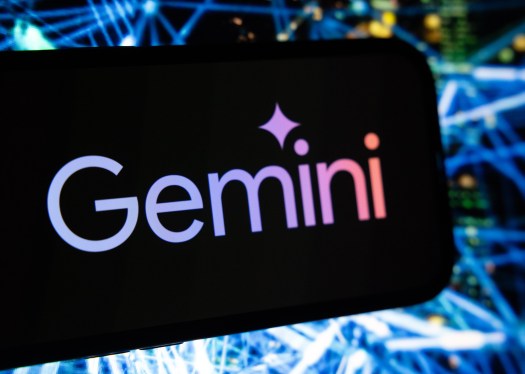AI Breakthrough: Google’s Implicit Caching Revolutionizes Model Cost-Efficiency

Google has unveiled a transformative feature in its Gemini API designed to significantly cut costs for developers leveraging its advanced AI models. Named “implicit caching,” this innovative update is set to produce impressive savings—up to 75%—on repetitive data sent to the AI, specifically for the Gemini 2.5 Pro and 2.5 Flash models. As developers face rising expenses when using cutting-edge AI, this feature arrives as a potential game changer.
Implicit caching stands out from traditional methods by operating automatically, alleviating the burdensome need for developers to manually define frequent prompts, which was the case with the previously offered explicit caching method. While explicit caching offered guaranteed cost benefits, it often led to unexpected large bills, causing dissatisfaction among users. Feedback on this issue has prompted Google to introduce a more user-friendly alternative that requires far less effort to implement.
This feature comes at a crucial time when the costs associated with running powerful AI models are surging. Reports suggest that managing frontier AI models can lead to expenses that some developers find alarming, making effective cost management essential. The introduction of implicit caching is likely to alleviate some of these efforts by making it easier for developers to optimize their requests to Google’s Gemini models.
By engaging implicit caching, whenever a request echoes a prior query context, it becomes eligible for significant cost savings without additional developer intervention. Google’s blog post highlights this, stating, “When you send a request to one of the Gemini 2.5 models, if the request shares a common prefix as one of previous requests, then it’s eligible for a cache hit.”
Moreover, the threshold for enabling implicit caching is relatively low—developers only need a minimum prompt token count of 1,024 for the 2.5 Flash model and 2,048 for the 2.5 Pro model. This means accomplishing savings is more attainable than previously, as a thousand tokens correspond approximately to 750 words, which is manageable for most use cases.
Nevertheless, it is crucial to approach this feature with a sense of caution. Google has advised developers to position repetitive context at the front of their requests to maximize the potential for cache hits—which may seem straightforward but requires thoughtfulness in implementation. Additionally, the company has not provided independent confirmation of the automatic cost savings promised by this system, which raises questions regarding the feature’s reliability in real-world applications.
As developers navigate this new landscape of AI model management, the industry watches closely to glean insights from early adopters of implicit caching. The promise of substantial savings coupled with ease of use could position this feature as a cornerstone in optimizing developer experiences within the rapidly evolving realm of AI. If embraced correctly, implicit caching by Google may redefine cost-efficiency in AI model utilization.
